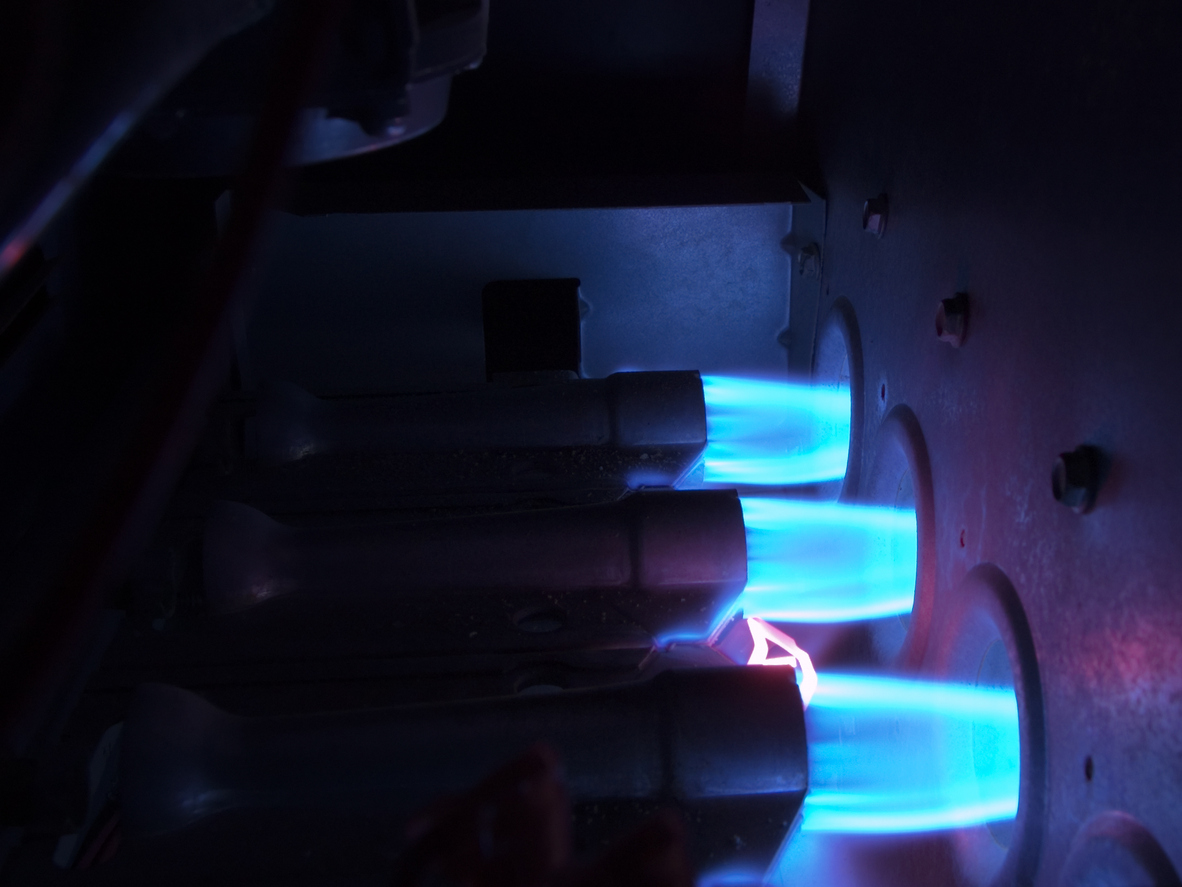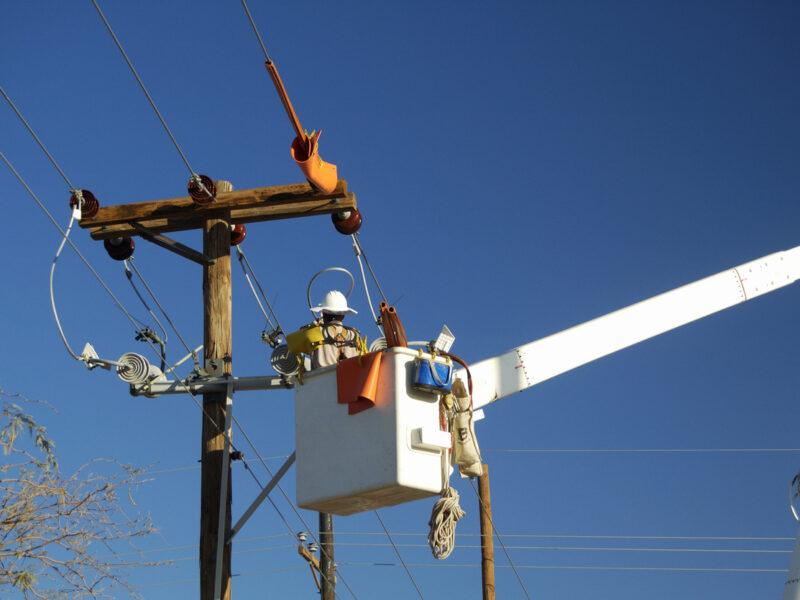Overview:
-The Trump administration's cuts at federal health agencies could jeopardize energy bill support for over 400,000 Michiganders.
-LIHEAP, which distributes approximately $4 billion annually to states, may face defunding.
-While the program could continue under other HHS employees, the absence of its dedicated staff raises concerns about the distribution of $400 million that remains for fiscal year 2025.
The Trump administration cut thousands of employees at federal health agencies on Tuesday, including the entire staff administering the Low Income Energy Assistance Program, or LIHEAP, which helps over 400,000 Michigan residents pay their energy bills.
The firing of LIHEAP administrators at the U.S. Department of Health and Human Services, reported by The New York Times, could jeopardize a program that sends roughly $4 billion to states each year and may signal the Trump administration looks to defund LIHEAP entirely, Katrina Metzler, executive director for the National Energy and Utility Affordability Coalition, told Planet Detroit.
“It’s a significant setback … I would go so far as to call it devastating,” Metzler said. She added that HHS may now be unable to distribute LIHEAP’s remaining balance of roughly $400 million for fiscal year 2025, which states could use to help households with summer cooling.
If oversight of the program is transferred to other HHS employees, it could likely continue, Metzler said.
“The program is mostly administered by states,” she said. “As long as (HHS) can get the money out the door and meet their statutory requirements, we should still be able to administer the program at the state and local level.”
HHS did not immediately respond to a request for comment about the future of the program.
Energy assistance cuts could meet pushback from utilities, Republicans
Trump previously tried to eliminate funding for LIHEAP during his first term, but Congress continued to fund the program.
Unlike many other federal programs, LIHEAP funding was not frozen in the early days of the Trump administration and the program enjoys support from utilities, which benefit from payments funded by the program, and at least one prominent Republican.
The office of U.S. Sen. Susan Collins (D-Maine) issued a statement Wednesday saying: “Senator Collins has been a longtime advocate for LIHEAP and the critical financial assistance it provides to lower income families to help ensure that they can stay warm during the winter months.”
Jerry Norcia, DTE Energy’s chairman and CEO and former chair of the American Gas Association, previously said that LIHEAP needed more resources to “break the poverty cycle.”
In statements to Planet Detroit, representatives for DTE and Consumers Energy said the companies would continue to advocate for LIHEAP funding.
MORE PLANET DETROIT REPORTING
Michigan regulators approve $153.8 million Consumers Energy rate hike
Michigan regulators approved a $153.8 million electricity rate increase for Consumers Energy on Friday, a 52% reduction from the $325 million sought by the company. The approved rates will take effect April 4, adding $2.78 to the average customer’s monthly power bill. This comes just 12 months after the Michigan Public Service Commission approved a…
DTE Energy to request another rate hike in April on heels of $217-million January increase
DTE Energy’s upcoming April 23 rate hike request follows a recent $217-million increase for metro Detroit customers, sparking public outcry over high bills and frequent outages.
Can’t pay your energy or water bills in Detroit? These programs can help
Many assistance programs are up for renewal on Oct. 1, and recipients should act fast to avoid losing benefits.
What LIHEAP cuts could mean for Michigan
Michigan received over $177 million in LIHEAP funding for fiscal year 2024, which supports the State Emergency Relief Program, or SER, a program that assists households struggling with utility bills and helps with weatherization services. Funding for the program was exhausted by July 2024, leaving thousands of Michiganders without support until October.
LIHEAP also funds the Home Heating Credit, which provides assistance for heating costs to income-qualified households.
LIHEAP investments in the state meant that 430,777 residents received home heating assistance in fiscal year 2023, while 171,149 obtained year-round crisis support for energy costs, and 1,367 received help with home weatherization.
The Michigan Department of Health and Human Services, which administers SER, is not yet aware of what federal staffing changes would mean for state funding, a spokesperson told Planet Detroit.
State emergency relief and home heating credits aren’t the only energy assistance programs available to Michiganders. The Michigan Energy Assistance Program also provides utility bill assistance to eligible households at or below 150% of the federal poverty level. MEAP is funded by a monthly surcharge of less than $1 on electric bills. DTE Energy offers its own shutoff protection plan, which helps households at or below 200% of the federal poverty level.





